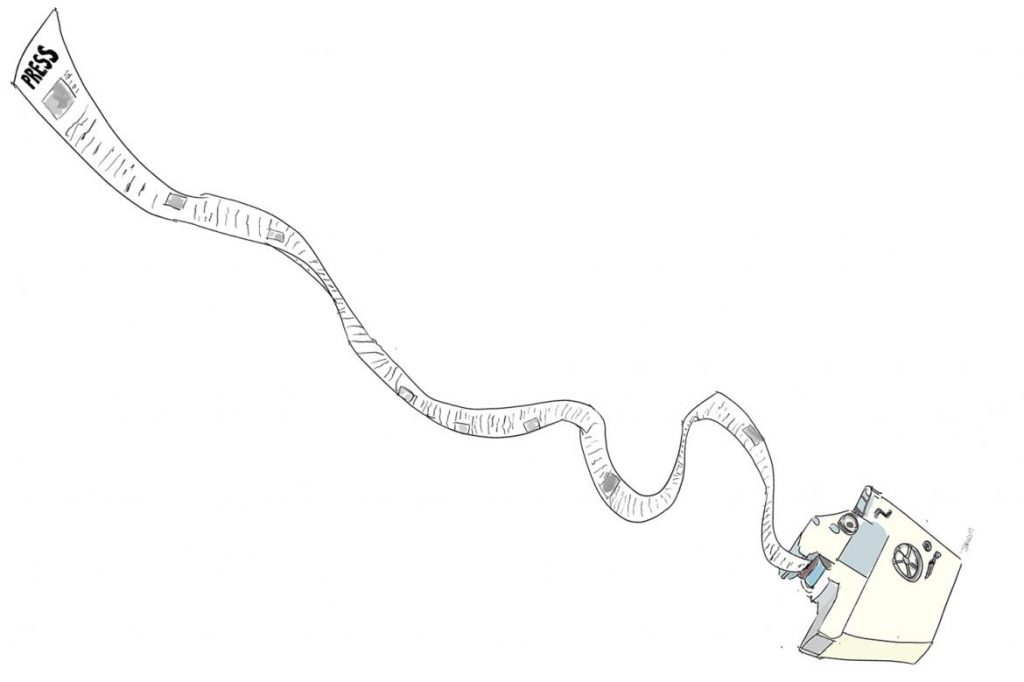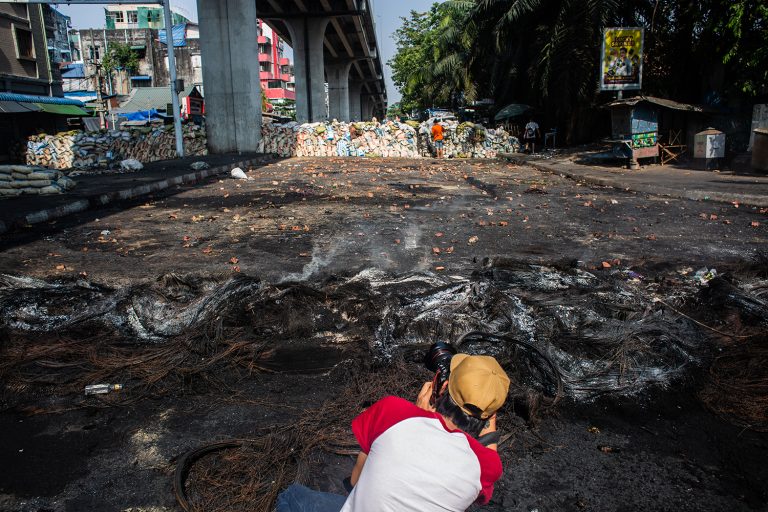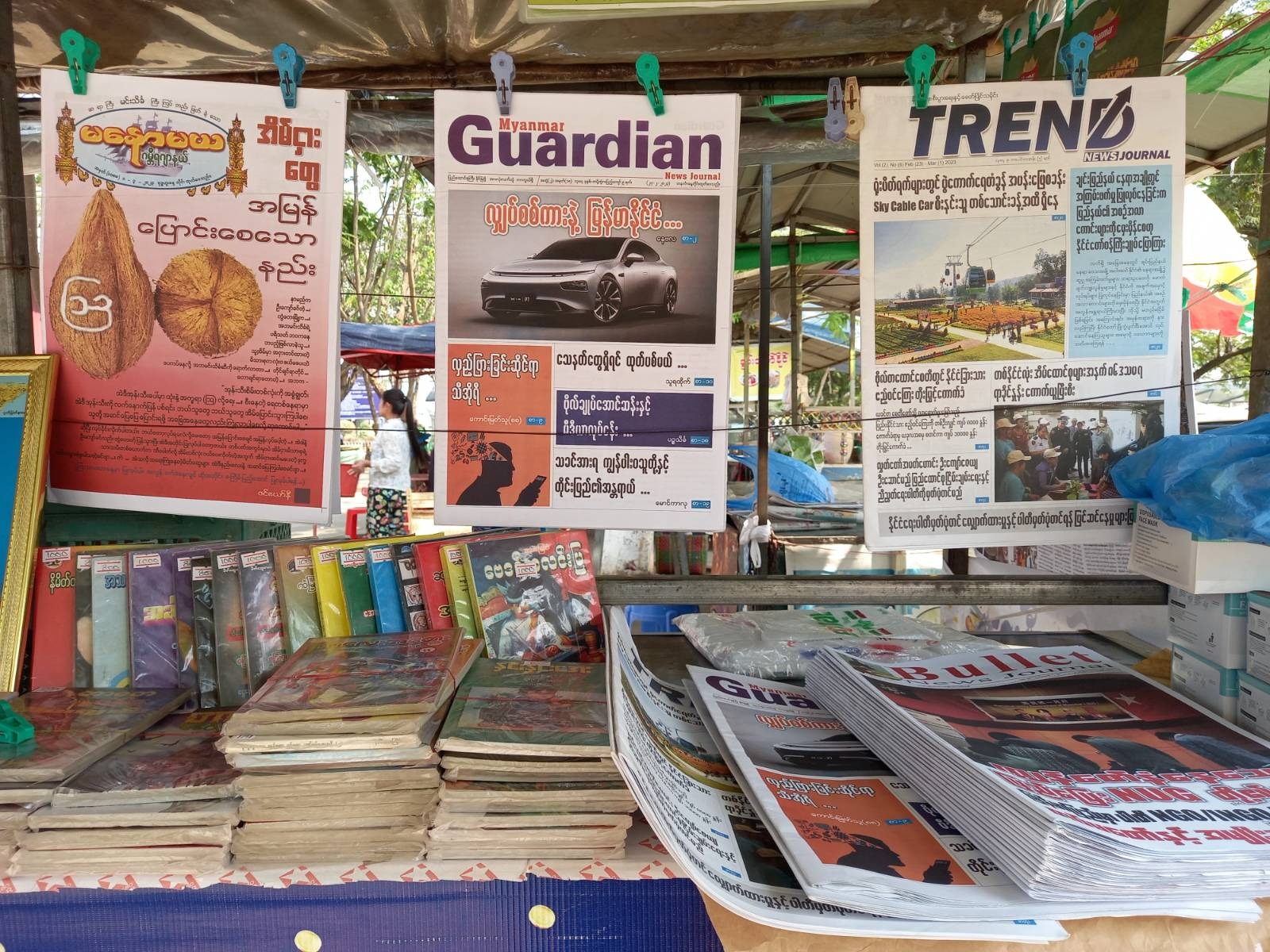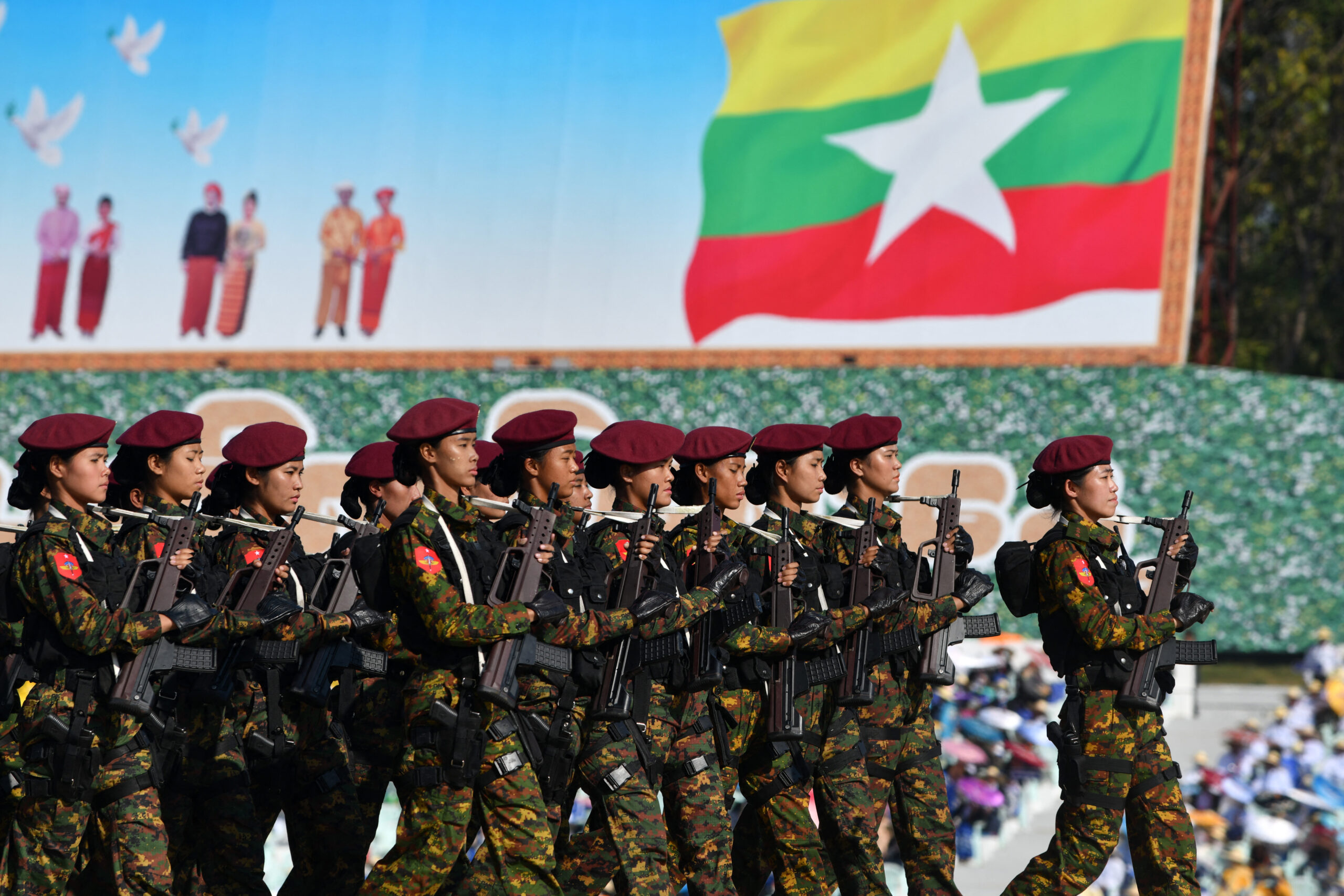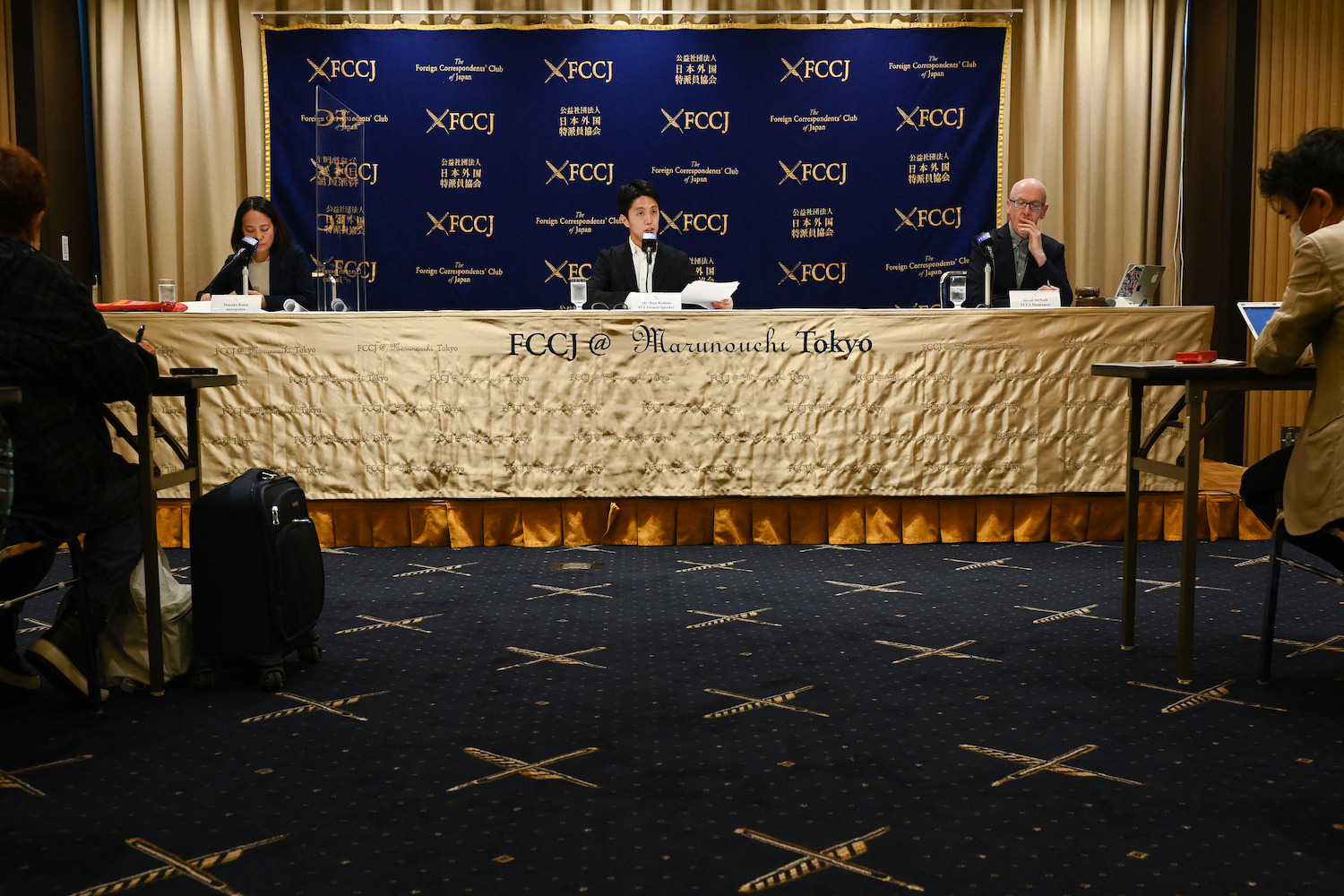In a sense, the current media scandals involving online defamation suits and conflicts of interest illustrate how far things have come.
One question Frontier received from some readers after our article about recent developments at the Myanmar Times: Was it a cheap shot at one of your competitors?
In a word: no.
As a news publication, the Myanmar Times is technically a competitor of ours, but in a much bigger way it is an ally.
All publications in Myanmar share the struggle to build a professional, objective and free industry.
Many public figures attempt to shield themselves from the press by dismissing it as lazy, unprofessional, voyeuristic or greedy. For a publication to throw stones at another not only gives more ammunition for the attacks, but would also make the publication a target itself.
Support more independent journalism like this. Sign up to be a Frontier member.
As Myanmar continues its transition towards democracy, like any other industry, the press must hold itself accountable. Gone are the days when journalists smuggled news out of Myanmar in the soles of their shoes, or translated it into an obscure language to bypass email censors. The government is not the villain, and the press is not the hero.
Yes there are issues journalists still have to contend with. For example, the 2013 Telecommunications Law, which could see a journalist – or anybody subject to a complaint to police – jailed for posting something online that is deemed defamatory.
But it doesn’t help to idolise the press, or to pretend that rumour cannot sometimes be published as fact, that interests can’t conflict or scandal can’t be mongered.
Consider the huge challenges the industry faces. First, very few daily newspapers turn a profit (many are buoyed by their publishers’ other businesses); they have little capital to expand production and distribution; and state media (for so long the only game in town) often trumps them in both circulation and ad sales.
For those reasons they can spare very little for improving the skills of their staff. Reporters tend to be inexperienced and paid little, yet they are thrust straight into the action, learning as they go with just a handful of seasoned veterans to mentor them.
These aren’t excuses. They are reasons for the media to hold itself accountable, for publications to push themselves and their peers to constantly improve, to develop the foundation of ethics and good practices.
Fortunately, that foundation is being built. In fact, despite lingering challenges, the media has been one of democratising Myanmar’s greatest success stories.
In a sense, the current media scandals involving online defamation suits and conflicts of interest illustrate how far things have come.
Consider that less than 10 years ago, the media industry was mostly populated by business journals and sports magazines, and even those were subject to strict state censorship.
Today, a handful of journalism schools are training a new generation of reporters and editors, and the Myanmar Press Council is arbitrating some form of dialogue between press and state. Local publications in ethnic minority areas, founded from scratch only a few years ago, are beginning to earn respect from their local governments, as one of this issue’s articles explores.
But continuing down the path of a strong Myanmar media will require input from everyone.
It will require the press to continue being tenacious, but also fair. Corruption and oppression exist and need to be exposed, but many public figures are not used to dealing with a free press. They are nervous, they view journalists as circling sharks, and we should approach them in a spirit of cooperation and trust.
But it will also require public figures to open up to a media that is still growing and maturing. Again, the press has a long way to go, but officials should only hold journalists accountable as a fee for their own respect and trust.
And finally it will require readers to consume media with an objective and discerning eye. Question articles, check their sources, and hold us accountable. Do not condemn officials or businesspeople from a quick glance at a headline.
Myanmar’s story has evolved; it is no longer about good guys and bad guys. Melodrama is the stuff of fake news.
This editorial first appeared in the March 9 edition of Frontier.


